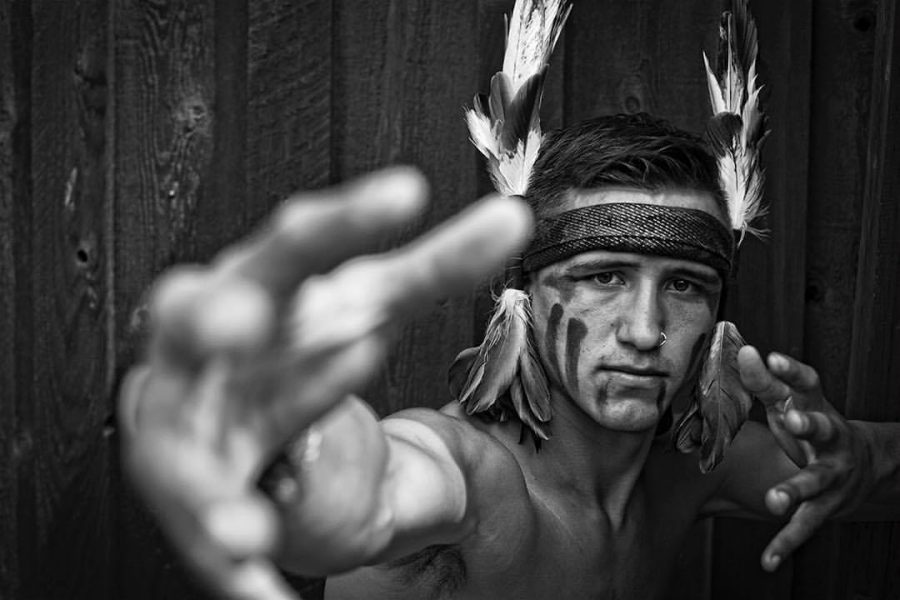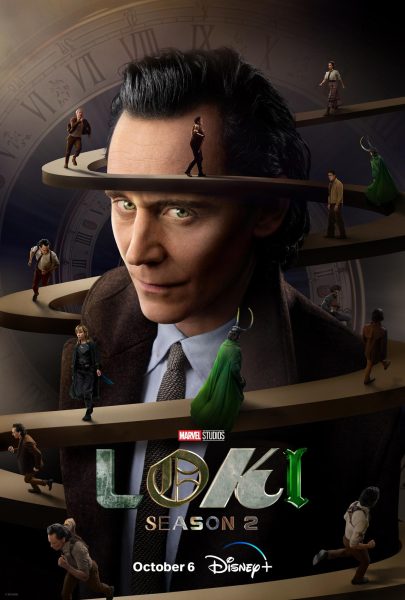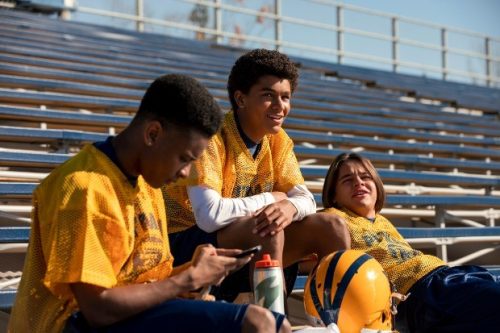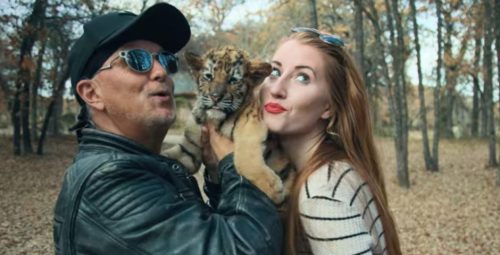Native American photography presentation brings light to modern indigenous experience
Matika Wilbur’s Project 562 showcases images and stories of the modern indigenous experience
Swinomish-Tulalip photographer Matika Wilbur presented her hand-colored photography project on Zoom on Feb. 18, 2021. Matika Wilbur’s Project 562 showcases images and stories of the modern indigenous experience. (Photo courtesy of Matika Wilbur)
Native American photographer Matika Wilbur visited American River College students on Feb. 18 via Zoom to present Project 562, which consists of a gallery of hand-colored photography and a collection of oral histories kept on the project’s blog about modern indigenous culture.
Jodie Hooker, professor of photography and an organizer of the event, welcomed students and faculty alike into her home, hosting the event on Zoom with her husband Matt Printup who belongs to the Seneca Nation of Indians.
Printup invited the group to join him in prayer at the beginning of the event, speaking in Seneca and English to include speakers of both languages, celebrating the lives and memories of Native ancestors and apologizing for the historical erasure, marginalization and cultural strife they’ve endured.
Diana Proctor, a representative of the Viewpoint Student Program for photography majors who collaborated with Hooker on this event, spoke next, introducing the 100 people in attendance to the program which offers students a chance to encounter and showcase more art in the Sacramento area.
Proctor shared information about Viewpoint’s annual show in early April at the Crocker Art Museum and some of the workshops they offer, promoting the $20 student membership price.
“Field trips are organized for members and discounted fees are offered for various workshops and travel trips, as well as invitations to the Member Receptions at each new monthly exhibit,” Viewpoint’s website reads.
Hooker next introduced the guest of honor Matika Wilbur, who thanked the ARC staff for inviting her to speak and “spread the love,” commending the effort put into keeping the event alive after the cancellation of the original event last spring due to COVID-19.
“I would prefer to see you in person and shake your hand and share energy,” Wilbur said in her introduction. “But this is the next best thing.”
Wilbur says she was frustrated by the lack of historical documentation of the Native experience in high school and college. Indigienous people are not only vastly underrepresented in media now, but are also typically portrayed as people of the past. The photographer says she decided to take matters into her own hands and document the underrepresented cultures of Native Americans herself and thus Project 562 was born.
“If I didn’t change the narrative, I was complicit in the erasure of my own culture,” Wilbur said.
Wilbur covered a number of topics, informing students about the modern day effects of colonization on Native Americans, citing the police raid at the demonstration against the Dakota Access Pipeline at Standing Rock as an example.
“Connection to culture, connection to land has been disrupted by colonization,” Wilbur said.
She shared stories about Indigenous people fighting for rights and education, the story that inspired her “All My Relations” podcast and a featured episode about decolonizing sex, relationships and gender, and closing with the story of the resurrection of her own tribe’s traditions and culture and the importance of keeping them alive.
“Thank you for sharing and being that ancestral voice,” Professor Jose Valle said in his closing speech before introducing the question and answer session.
Wilbur connected with students and faculty in this session about everything from ethics in photography to COVID-19, highlighting the contrast of Native ethics with journalistic ethics and the extreme mortality rate of Native Americans in the pandemic.
Hooker received praise for the organization of the event in a short speech from Angela Milano, the dean of fine and applied arts, and then handed the floor to her husband to close the event in a prayer for the health and wellness of the event’s participants, inviting the audience to eat in community with her family in honor of Native tradition.












